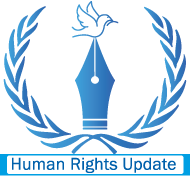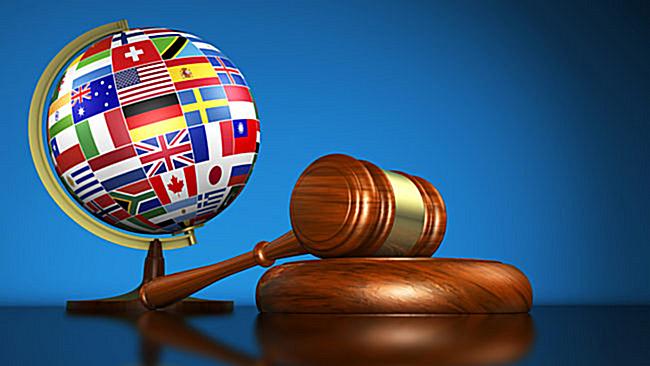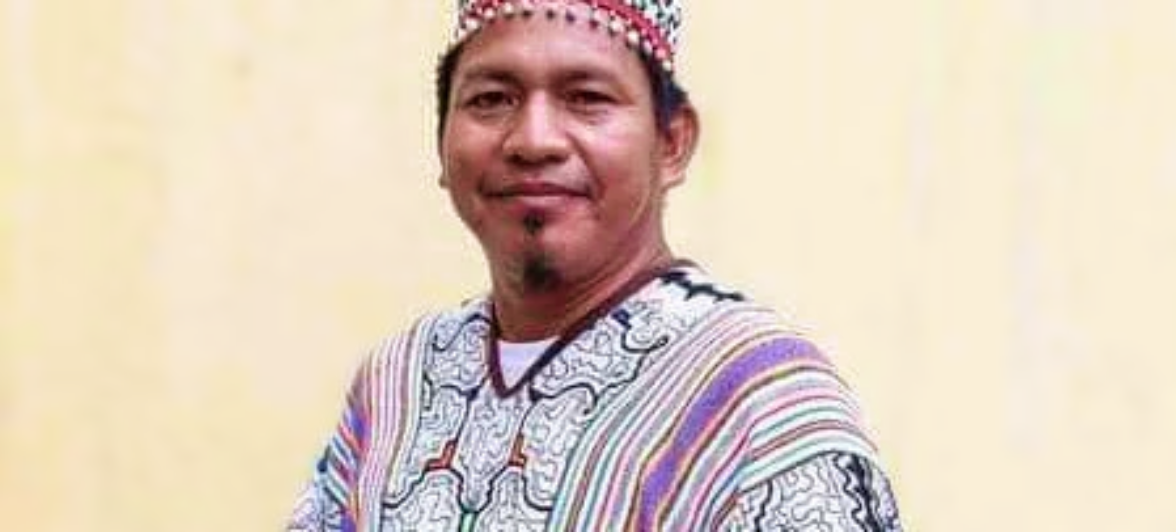Introduction: In the pursuit of a more just and equitable world, understanding and advocating for human rights is of paramount importance. To support individuals and organizations in their efforts to promote and protect human rights, a multitude of valuable resources and guides are available. These resources serve as powerful tools, offering knowledge, guidance, and strategies for fostering positive change at local, national, and global levels.
- International Human Rights Instruments: International human rights instruments provide a solid foundation for understanding the principles and standards that underpin human rights. Documents such as the Universal Declaration of Human Rights, International Covenant on Civil and Political Rights, and International Covenant on Economic, Social and Cultural Rights outline the fundamental rights and freedoms that all individuals should enjoy. These instruments serve as essential references for advocates seeking to hold governments accountable and raise awareness about human rights issues.
- Human Rights Organizations: Numerous reputable human rights organizations work tirelessly to promote and protect human rights worldwide. Organizations such as Amnesty International, Human Rights Watch, and the International Federation for Human Rights provide a wealth of resources, including reports, publications, toolkits, and campaigns that shed light on specific human rights violations and offer strategies for effective advocacy. These resources empower individuals and groups to take informed action, amplifying their voices and demanding accountability.
- United Nations Human Rights System: The United Nations plays a pivotal role in advancing human rights globally. The Office of the United Nations High Commissioner for Human Rights (OHCHR) provides comprehensive resources, including thematic reports, guidance on human rights monitoring, and practical tools for advocacy. The Universal Periodic Review (UPR) process allows civil society organizations and individuals to engage with states, raise concerns, and make recommendations regarding their human rights records. The United Nations Human Rights Council and its mechanisms provide avenues for addressing specific country situations and thematic human rights issues.
- Training and Capacity-Building Programs: Numerous organizations offer training and capacity-building programs focused on human rights advocacy. These programs equip individuals and organizations with essential skills, knowledge, and strategies for effective human rights work. They cover topics such as documentation of human rights violations, engaging with policymakers, using social media for advocacy, and engaging with international human rights mechanisms. Such programs strengthen the capabilities of advocates, empowering them to create meaningful change within their communities and beyond.
- Local and National Human Rights Commissions: Many countries have established human rights commissions or ombudsman offices tasked with promoting and protecting human rights at the local or national level. These institutions often provide resources, publications, and complaint mechanisms to address human rights violations. They serve as valuable sources of information and guidance, offering advice on legal remedies, dispute resolution, and community engagement.
- Civil Society Networks and Platforms: Joining civil society networks and platforms focused on human rights can provide valuable support and resources for advocates. These networks facilitate knowledge-sharing, collaboration, and solidarity among like-minded individuals and organizations. They often offer access to toolkits, webinars, research materials, and opportunities for advocacy campaigns, strengthening the collective impact of human rights advocates worldwide.
Conclusion: Human rights resources and guides are invaluable assets for individuals and organizations committed to advancing human rights. They empower advocates by equipping them with knowledge, tools, and strategies to address human rights violations, engage with decision-makers, and raise awareness in their communities. Leveraging these resources and collaborating with fellow advocates amplifies the impact of their work, bringing us closer to a world where every individual’s rights are respected, protected, and upheld.






